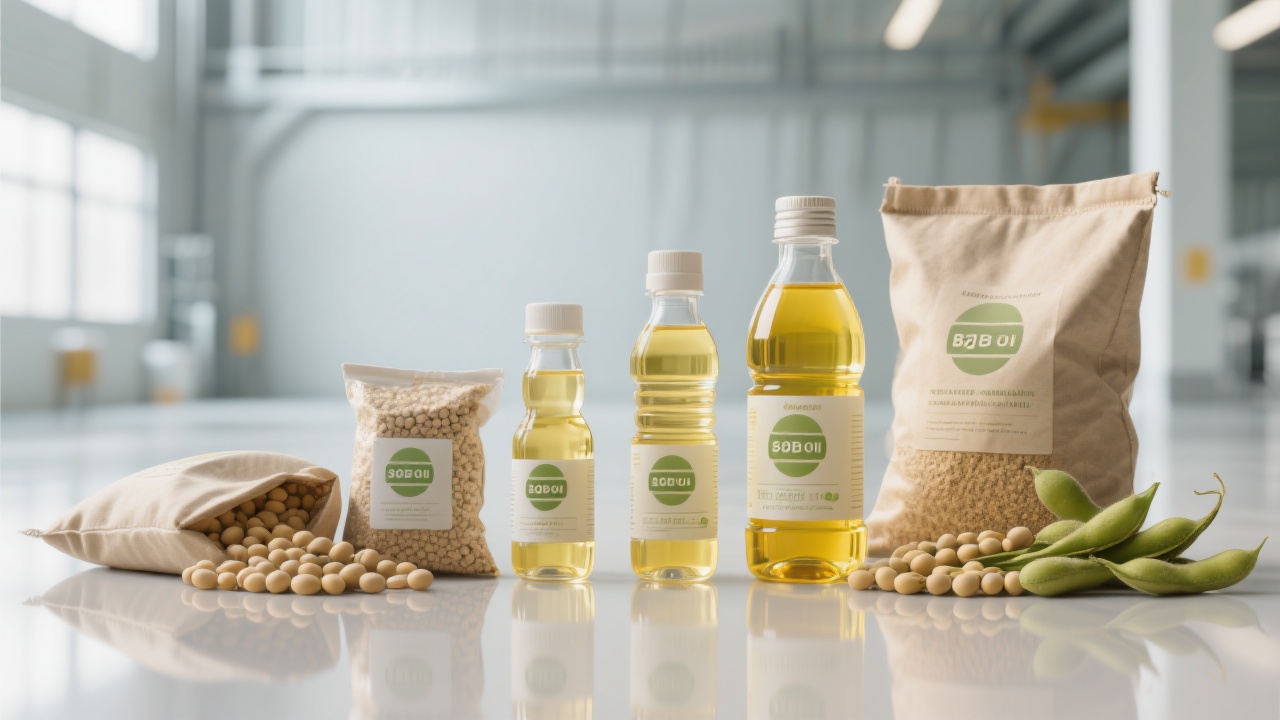
In the competitive landscape of the food industry, maintaining high-quality soybean products while controlling production costs is a critical challenge. Traditional soybean processing methods often compromise either the nutritional value or the efficiency of the process. However, with the introduction of advanced low-temperature energy-saving soybean processing technology, food companies can now achieve both quality and cost-effectiveness.
Soybeans are a staple ingredient in many food products, from tofu to plant-based meat alternatives. However, traditional processing techniques such as high-temperature roasting or solvent extraction often lead to the denaturation of proteins, reducing the nutritional value and overall quality of the final product. According to a 2023 report by the International Food Processing Association, over 40% of food manufacturers face challenges in balancing cost and quality when it comes to soybean processing.
Penguin Group’s low-temperature solvent extraction technology offers a revolutionary approach to soybean processing. This method preserves the integrity of soybean proteins, ensuring higher protein content and better nutritional profile. By operating at lower temperatures, the process minimizes protein denaturation, which is a common issue in conventional high-heat methods.
According to internal testing conducted by Penguin Group, their low-temperature system increases the protein retention rate by up to 15% compared to traditional methods. This not only improves the quality of the end product but also enhances its market appeal.
One of the key advantages of this technology is its energy efficiency. Traditional soybean processing requires significant amounts of heat, leading to high energy consumption and increased operational costs. In contrast, the low-temperature system uses less energy while maintaining consistent output quality.
| Processing Method | Energy Consumption (kWh/ton) | Protein Retention (%) |
|---|---|---|
| Traditional High-Temperature | 120 | 78 |
| Low-Temperature (Penguin System) | 85 | 93 |
Soybean flakes produced using this technology play a crucial role in various food applications, including plant-based protein powders, snack ingredients, and meat substitutes. Their high protein content and stable structure make them ideal for use in functional foods that cater to health-conscious consumers.
A case study from a leading plant-based food manufacturer in North America showed that switching to low-temperature processed soybean flakes improved product texture and extended shelf life by 20%. This directly contributed to a 12% increase in sales within six months.
Several food companies have already adopted Penguin Group’s low-temperature processing technology and reported significant improvements in both cost efficiency and product quality. For example, a major Asian food processor reduced its energy costs by 30% and saw a 15% increase in customer satisfaction scores after implementing the system.
By adopting energy-efficient and high-quality soybean processing solutions, food companies can align themselves with global sustainability goals while gaining a competitive edge. The ability to produce healthier, more nutritious, and cost-effective soy products positions businesses to meet evolving consumer demands and regulatory standards.

As the demand for sustainable and high-quality food products continues to grow, investing in advanced processing technologies like Penguin Group’s low-temperature system is no longer just an option—it’s a strategic move for long-term success.
Discover how Penguin Group's low-temperature energy-saving soybean processing technology can help you reduce costs, improve product quality, and stay ahead in the market.
Get Your Free Consultation Now
